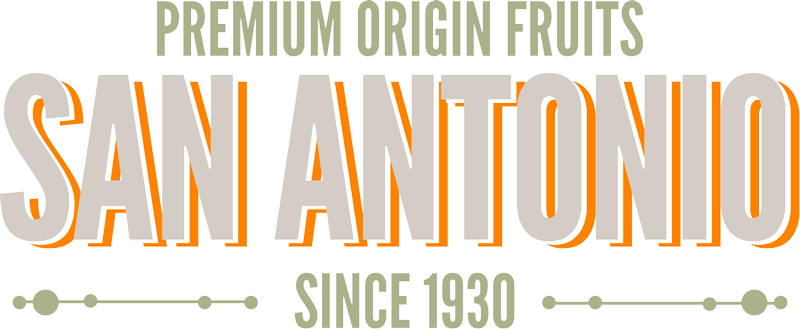The UK will leave the EU on 31 October, however it is still unclear if this will happen under the circumstances of a no-deal Brexit. The government acknowledge 12 key areas of risk including food supplies, trade of good and transport systems which could cause food shortages, raise in prices, delays in transport of goods, reduction in the flow of lorries and even lack of medicines.
No-deal Brexit could still happen and the government’s contingency plan “Operation Yellowhammer” is a key part of the preparations to assess the possible effects of a no-deal Brexit on the UK. The report which covers 12 key areas of risk includes scenarios for food supply, trade, transport, healthcare and public order among others.
Threats to food supply
Trade and transport
- Between 50-85% of UK lorries travelling to the EU may not be ready for French customs.
- The lack of trader readiness together with limited space in the French border could reduce the flow rate to 40-60%. The worst disruption could last up to 3 months.
- Lorries could face delays of 1.5 to 2.5 days before crossing the border.
- Regional traffic disruption caused by border delays could affect fuel distribution within the local area, leading to local shortages in other parts of the country.
Food Supply
- Certain types of fresh food supply will decrease and it is expected to suffer shortages.
- Reduce availability and choice of products and increase price.
- There is a risk that panic buying will cause or exacerbate food supply disruption.
According to the Institute for Government, in order to mitigate the effects of the Yellowhammer report, the government is focus on improving trader readiness to prevent lorries from reaching Dover or Calais unless they have the necessary paperwork and it is encouraging business to stockpile to reduce shortages. In any case this will not be applicable to fresh produce, as the nature of the products won’t allow to increase significantly stocks.



